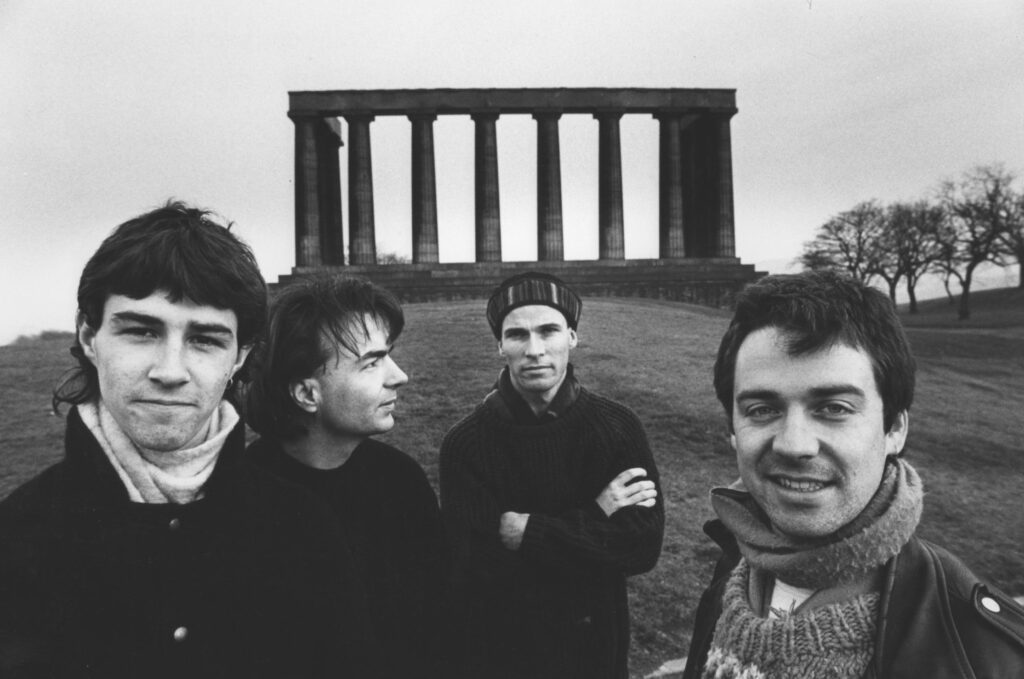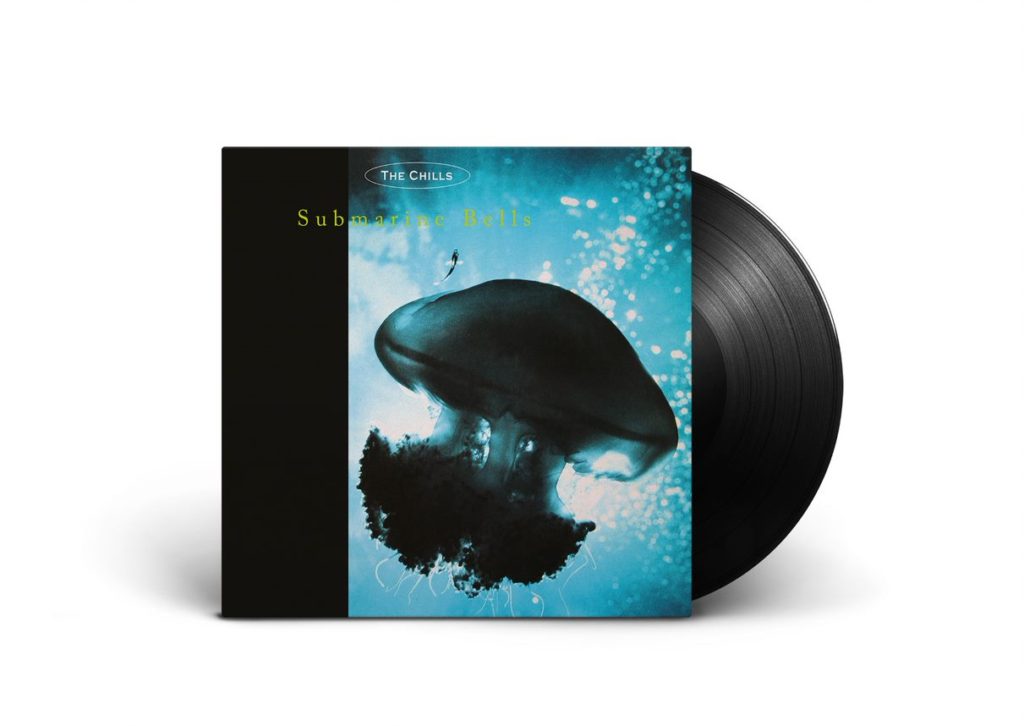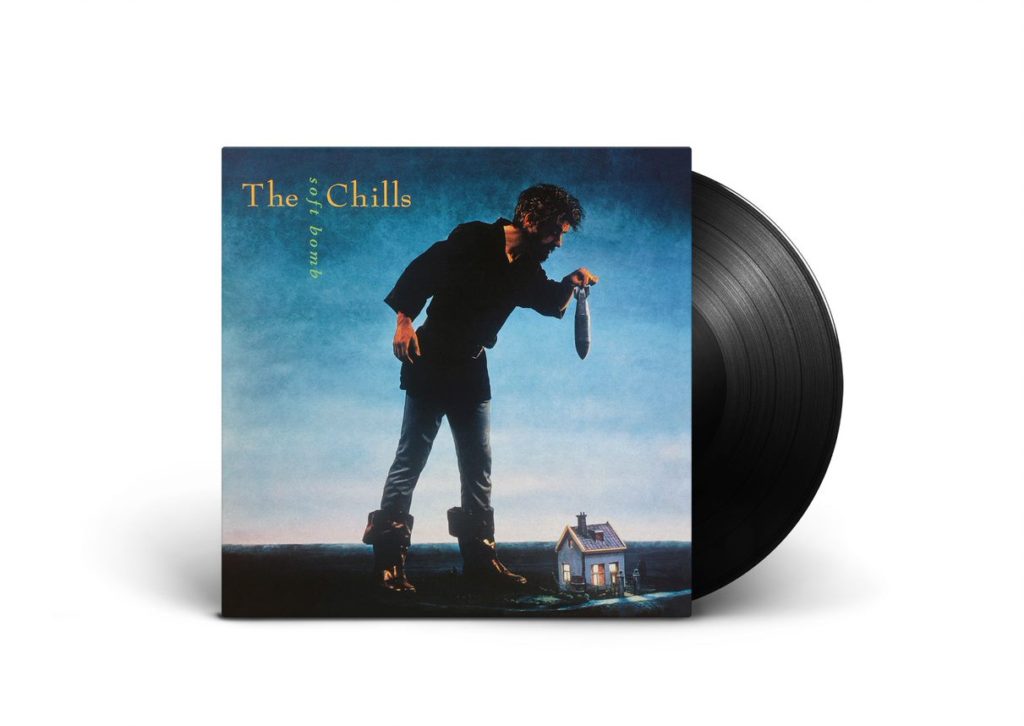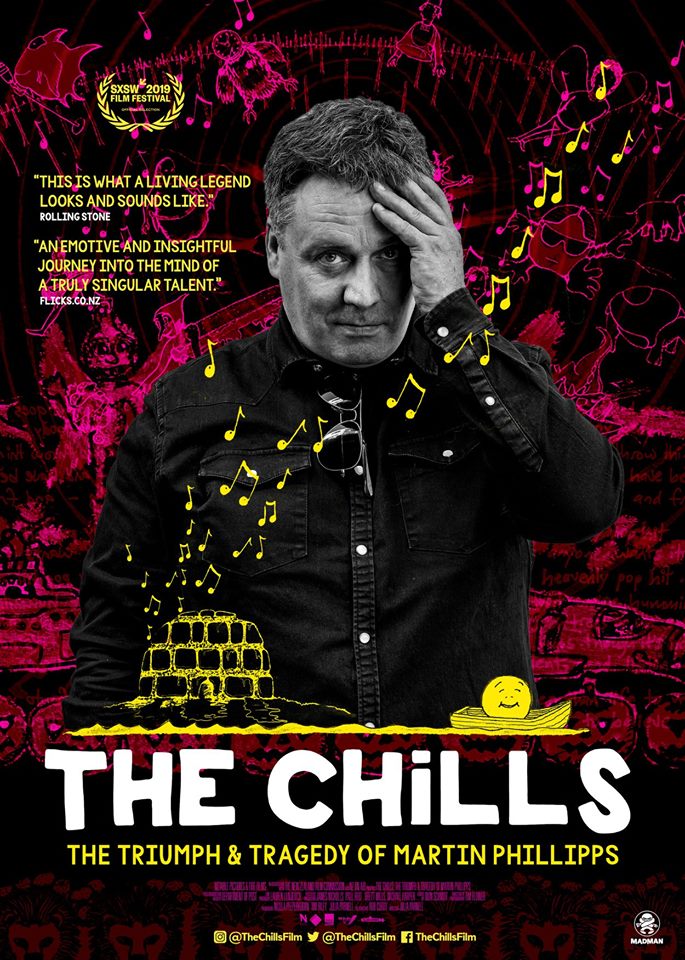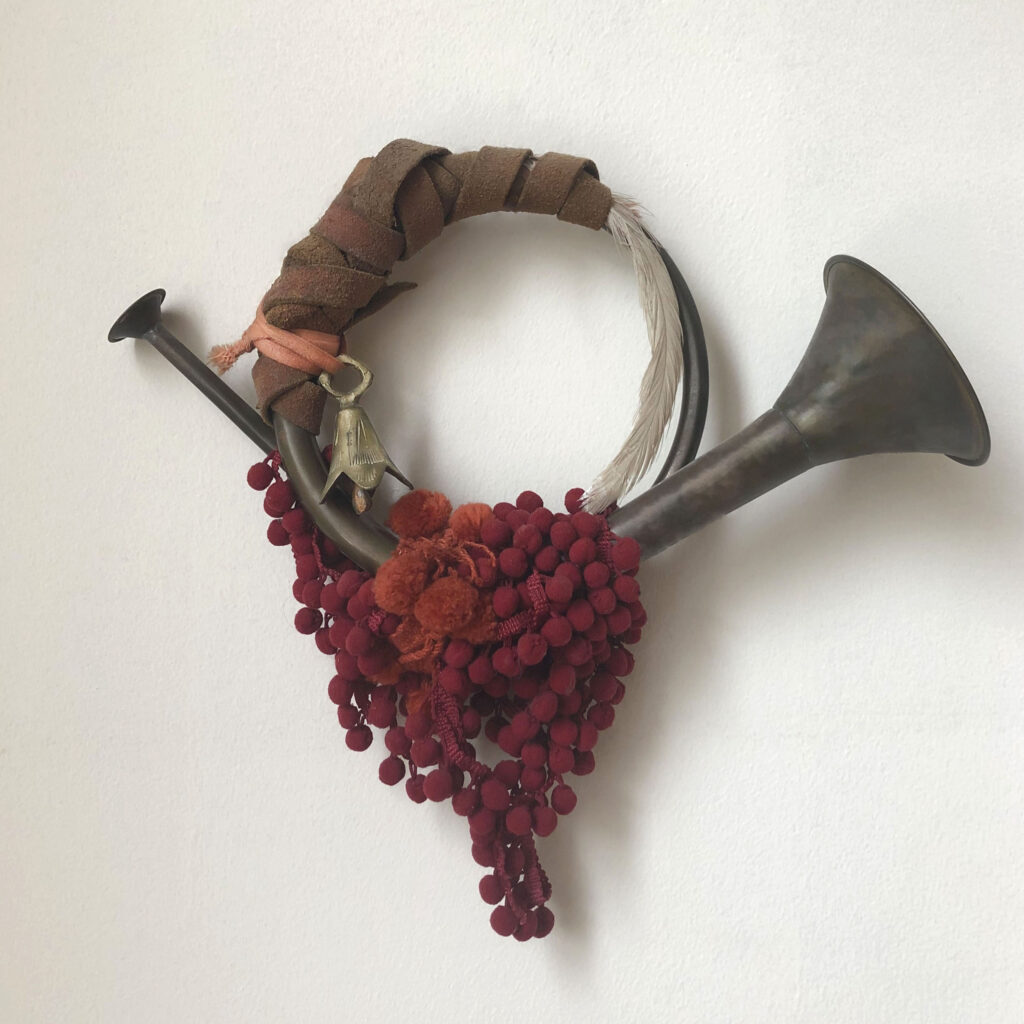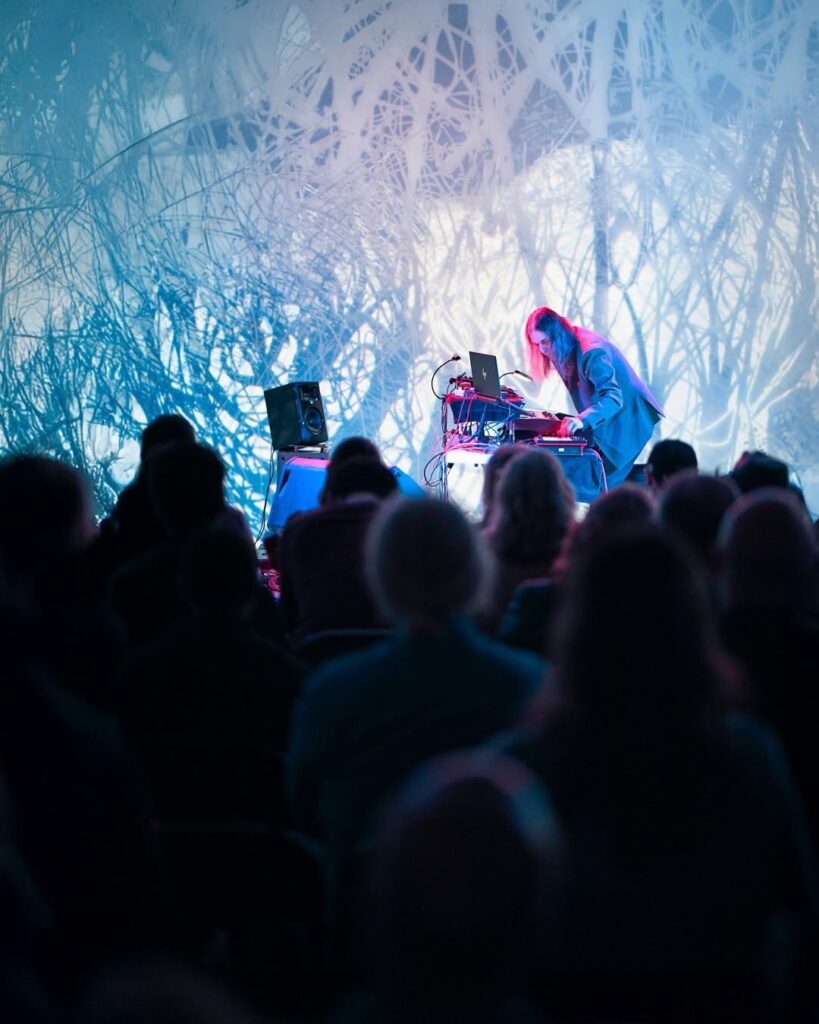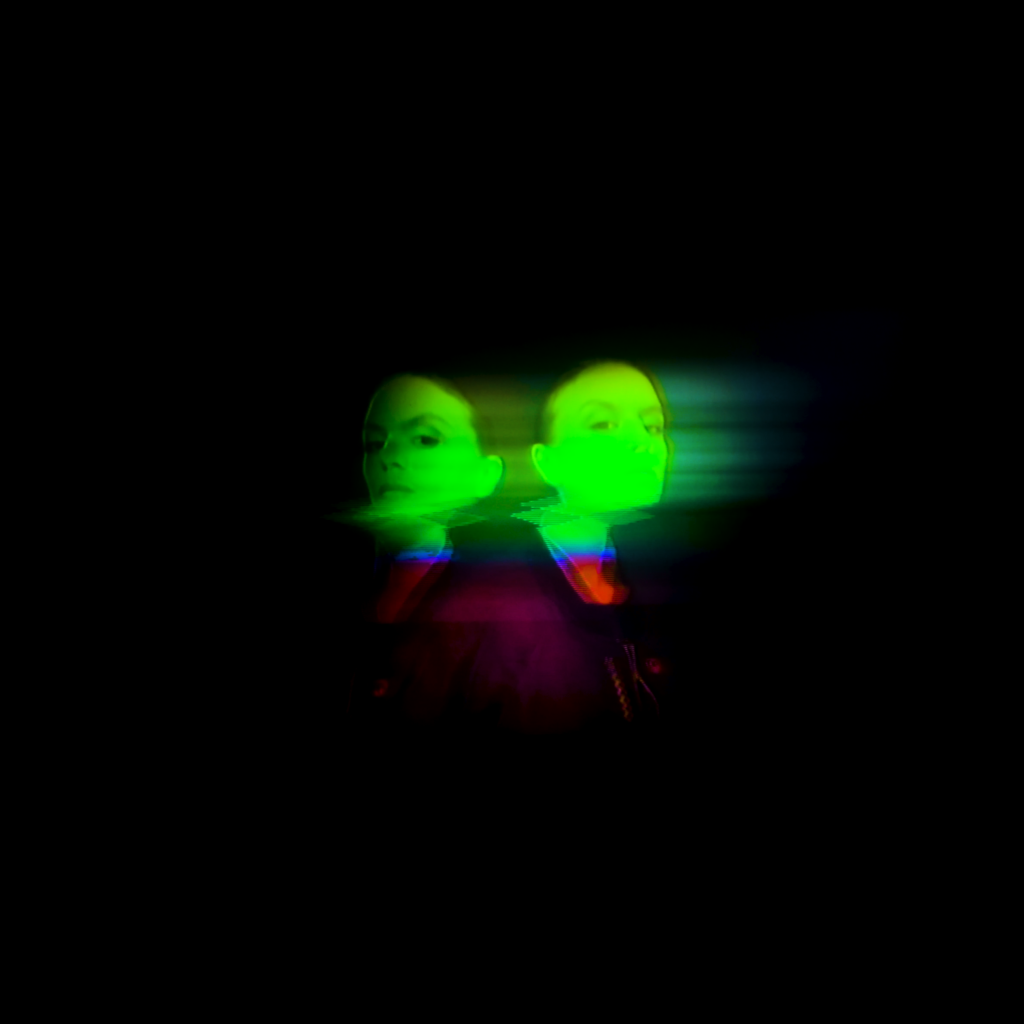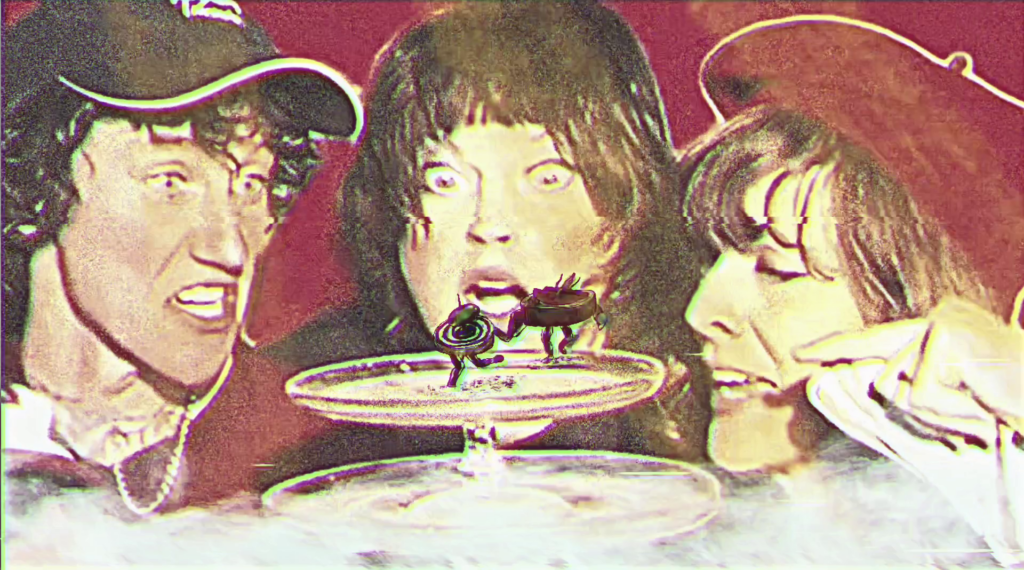The resultant album is truly eclectic, what was going on in your head when you were putting it together? What were you listening to, experiencing?
“I was trying to stretch and grow as a songwriter. I had been almost obsessed with bootlegs of The Beach Boys’ unfinished ‘Smile’ album and I was also trying to create something huge. It was absolutely the wrong time to try and do that with all the major changes going on in the music industry and the resulting “hit-less” album ultimately got us dropped by Warner Brothers. And sadly I was also discovering, as I had before and have many times since, that some of my compositions which begin sounding like sure-fire hits can become the most prone to being problematic and, in some cases, they can barely make the album and only with a lot of frustrating extra work.”
It’s a very personal record, with some finely observed one liners, how does it feel hearing those things again all these years later?
“I usually take a break from listening to my recent recordings because the process of making them is so intense – so when I do listen to them again, maybe after many years, I am often startled by what I have said and what I have revealed. I do try to be as honest as possible with my lyrics but sometimes I can surprise even myself. I can also be very proud of what my younger self wrote and those ideas that I might never have these days.”
While you were touring the album, the relationship with Warner ended, what do you recall of that happening?
“The relationship with Warner Brothers, who had handled most of our case, ended while we were in the middle of the American ‘Soft Bomb’ tour (although we were not informed of that for a week or so) and this left us with the much smaller Slash label trying desperately to take over that major promotional campaign and salvage the tour. But, as we saw all around us on a daily basis, they were failing miserably. Plus there was already tension within the group as it became obvious that some people were just there for the job and that the common grounds of music were not, in some cases, as strong as had been first represented. The situation just became more miserable until I decided that, after thirteen years of this, I had had enough.”
